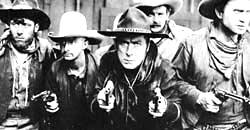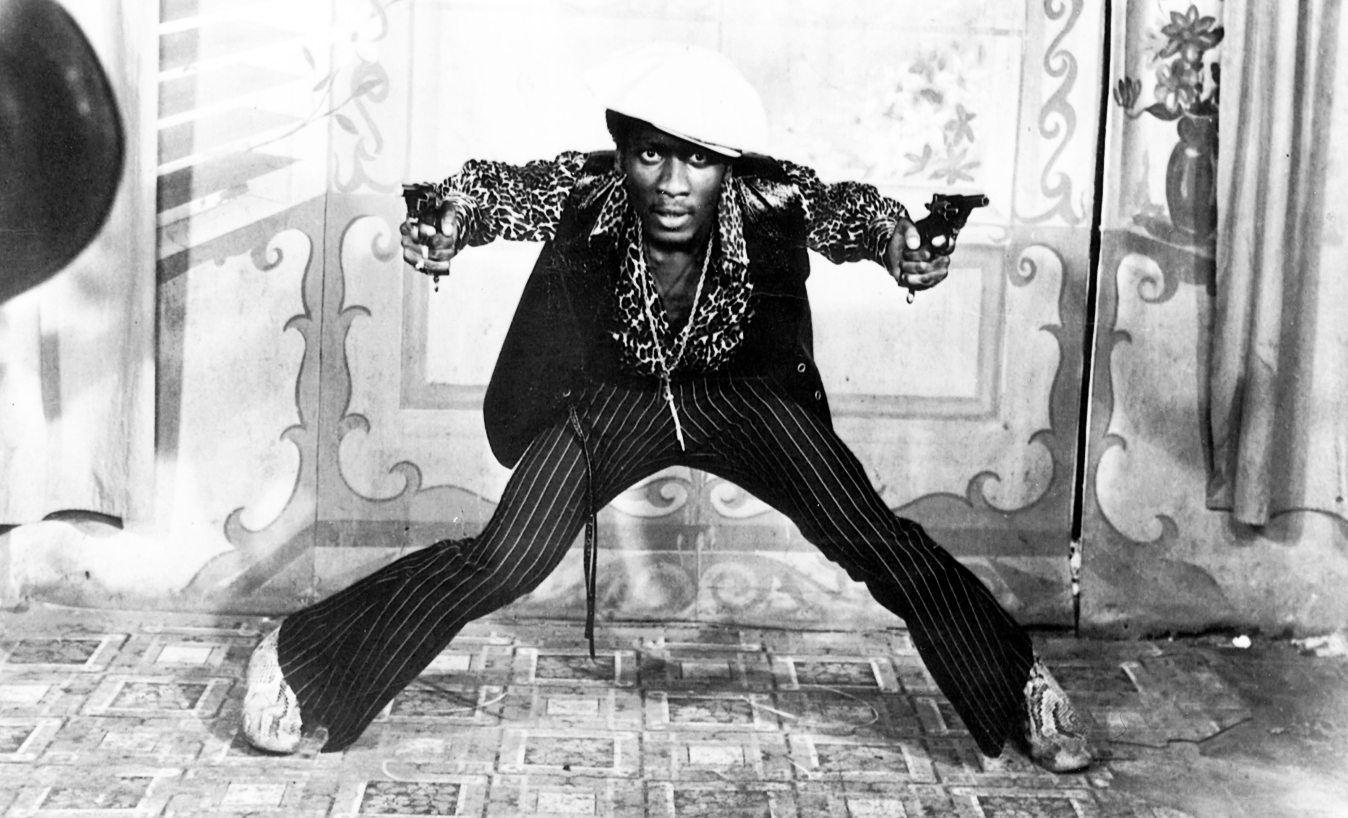
Tourism is a facet of neo-colonialism
because although the country superficially has its independence, its economy,
and therefore its existence, is still dependent on the people visiting from
first-world, ex-colonizing nations. Most
Caribbean nations’ economies are dominated by tourism and in that sense reliant
on the same countries that once oppressed and enslaved them. In some ways, that
oppression is ongoing today. Polly Patullo writes of the banning of local
peoples from their own countries’ beaches, restaurants, hotels, and more in the
pursuit of a more tourist friendly area (105).
This strengthens the inferiority complex present in those of a
postcolonial nation because it preaches that they are not good enough or as
good as the tourists. As Jamaica Kincaid puts it, people become “ugly” when
they are tourists because they compare their living conditions and culture to
that of the local people and often find themselves superior: “Their ancestors
were not clever in the way yours were and not ruthless in the way yours were”
(17). These are the ideals that began
colonialism in the beginning. The idea that the colonizers were helping the
native people become more civilized and more like them. This impression lingers
on even now, and that superiority complex is fueled by tourism. Many tourists are
unaware or apathetic to the negative effects, especially social issues, that
their presence causes. That is their privilege due to where they were born or
the color of their skin. Because they are convinced of no wrong doing, this
system of tourism and control is self-perpetuating and very difficult to be removed.
Within the last year, mass riots and protests have occurred in Brazil due to the amount of money spent on the FIFA World Cup and the 2016 Olympic Games instead of on bettering the nation's growing poor population. The government is also clearing out homes of residents to make room for the incredible number of tourists coming for the games. Like in Antigua, the Brazilian government is only concerned with cleaning up the areas that tourists will be visiting and not the areas that really need the help. Some protesters showed hate for the tourists that come to Brazil for the games because tourists tend to believe that their presence will better the nation through an economic boost, and therefore deny the harm that they cause.
Discussion Questions
- How do Kincaid’s comments on language relate and expand on Fanon’s ideas in “The Negro and Language” (32)?
- Kincaid writes that Antiguans assumed the English were ‘ill-mannered’ but not racists (34). Why would they not realize that race was an important issue to the English?
Fact: Tourism accounts for nearly 60% of Antigua’s GDP, therefore dominating the economy.
Works Cited
“Antigua and Barbuda.” The World Factbook. The CIA, n.d. Web. 15 March 2014.
Recommended Literature
“Like an Alien in We Own Land” by Polly Patullo
Recommended Literature
“Like an Alien in We Own Land” by Polly Patullo





